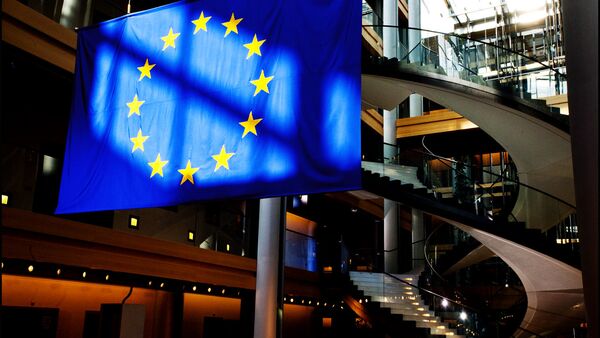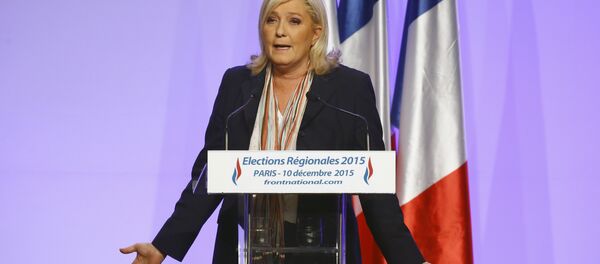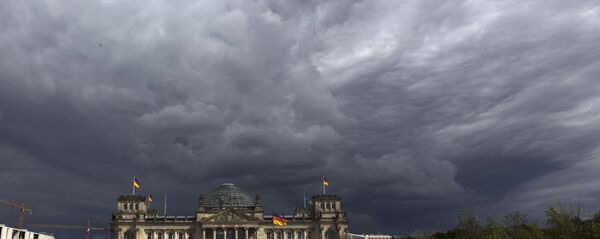According to Gysi, right-wing populists are trying to present themselves as a pan-European powerful movement, which they are not.
"I am glad that in the United States and in Europe, millions of people marched against such course; people are opposed to the right-wing populists who are doing the same things, which once were done by the Nazis," Gysi told Sputnik Germany.
Populist parties, including the AfD, have gained momentum in the European Union over recent months amid the EU refugee crisis. During the September state parliamentary election in Berlin, the AfD, running on an anti-immigration campaign, won 25 seats, becoming the fifth in popularity among voters.
Given such negative developments, the EU needs a "reset", which would ensure that the Europeans stick to the original values of the EU, Gysi argued.
"The EU emerged as a peaceful project, the aim of which was to prevent wars in the future. Currently, however, many governments are abusing the EU for anti-social and anti-democratic purposes and are trying to turn it into a military power on the global stage. The EU needs a "reset" instead of a new nationalization, because otherwise, the Europeans will increasingly turn away from the European concept," the politician stated.
Commenting on the EU's policy toward Russia, Gysi stressed that global problems "can't be resolved without Russia" and that Brussels and Moscow "should view each other as strong and equal partners."
"The sanctions, the new arms race, and the policy of isolation are a mistake," the politician stressed.
"Despite all the problems relating to sanctions, I can only warn Russia against the support of these parties," the politician said, adding that right-wing politicians call for the lifting of sanctions against Russia only because "they believe that they share with Russia the common goal of the EU collapse."
Russia has been targeted by several rounds of sanctions inflicted by Brussels, Washington and their allies in light of Crimea's reunification with Russia in 2014 and on the pretext of Moscow's alleged involvement in the Donbass conflict, a claim that Russia has repeatedly refuted.




